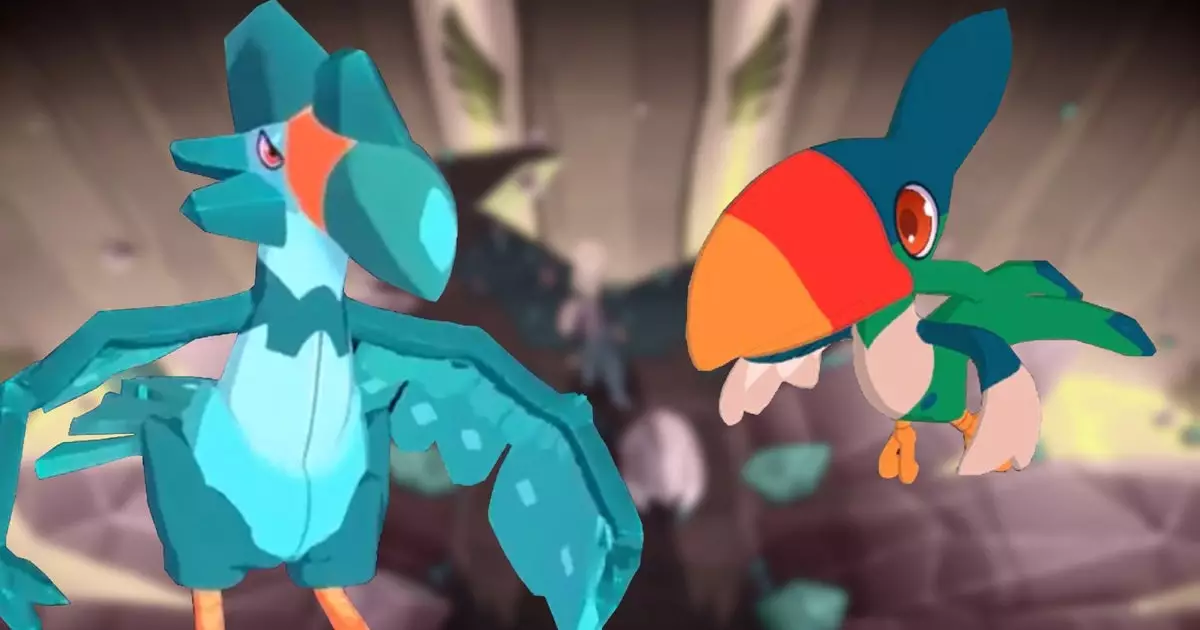In a dramatic turn of events this past July, the indie game publishing scene was shaken by the abrupt layoffs of all 36 employees at Humble Games, a subsidiary of Ziff Davis. This decision was attributed to “challenging economic times for indie game publishing,” sparking a wave of concern within the gaming community. The news was not just an unfortunate corporate restructuring; it represented a critical juncture for an industry that has increasingly relied on agile indie studios to deliver innovative and unique gaming experiences. As this sector faces heightened uncertainty, many are left wondering about the future of indie game development and the ecosystem that’s formed around it.
Good Games Group Steps Up
However, the narrative of despair has shifted in a promising direction with the formation of the Good Games Group, initiated by former Humble Games general manager Alan Patmore and global publishing VP Mark Nash. Their new venture aims to rekindle relationships with many of their former development partners, ensuring continuity in the support of indie projects that had previously benefited from Humble’s backing. By re-establishing connections with Ziff Davis, they seek to leverage existing frameworks while moving in a fresh direction. As stated on their website, Patmore emphasizes the desire to “continue working with the amazing indie developers” they collaborated with at Humble.
This strategic alignment not only indicates a commitment to nurturing indie talent but also highlights a broader trend of resilience in the face of industry setbacks. It poses an important question: can new publishers build upon the foundations laid by their predecessors while facing the same economic constraints?
The closure of Humble Games signifies more than just the loss of a publisher; it reflects a seismic shift within the indie gaming ecosystem, resonating through the development community. In a statement from the team behind the indie hit Signalis, the sentiment of devastation and concern for the wellbeing of the laid-off individuals was palpable. The closure emphasized the fragility of cooperation within the indie scene, where personal connections and shared visions are often the bedrock of creative success.
Interestingly, reports surfaced indicating that the Powell Group, a third-party consultancy, was slated to take over Humble’s remaining publishing projects. However, it remains unclear if this transition ever materialized or if it is still ongoing. The obscured nature of these arrangements raises further concerns about the continuity and support available to indie developers previously backed by Humble.
While the past few months have been fraught with uncertainty, the emergence of Good Games Group reflects a glimmer of hope. By continuing the legacy of Humble Games while innovating in their own right, Patmore and Nash represent a bridge between the old and the new. This evolution serves as a reminder that in an industry often defined by volatility, adaptability and collaboration remain critical to survival.
Ultimately, the ongoing story of indie publishing illustrates a resilient community dedicated to creativity and innovation. As Good Games Group navigates the complexities of the current economic landscape, they stand as a testament to the tenacity of indie developers—a community that, despite unfortunate closures and restructuring, refuses to back down in the face of adversity.


Leave a Reply